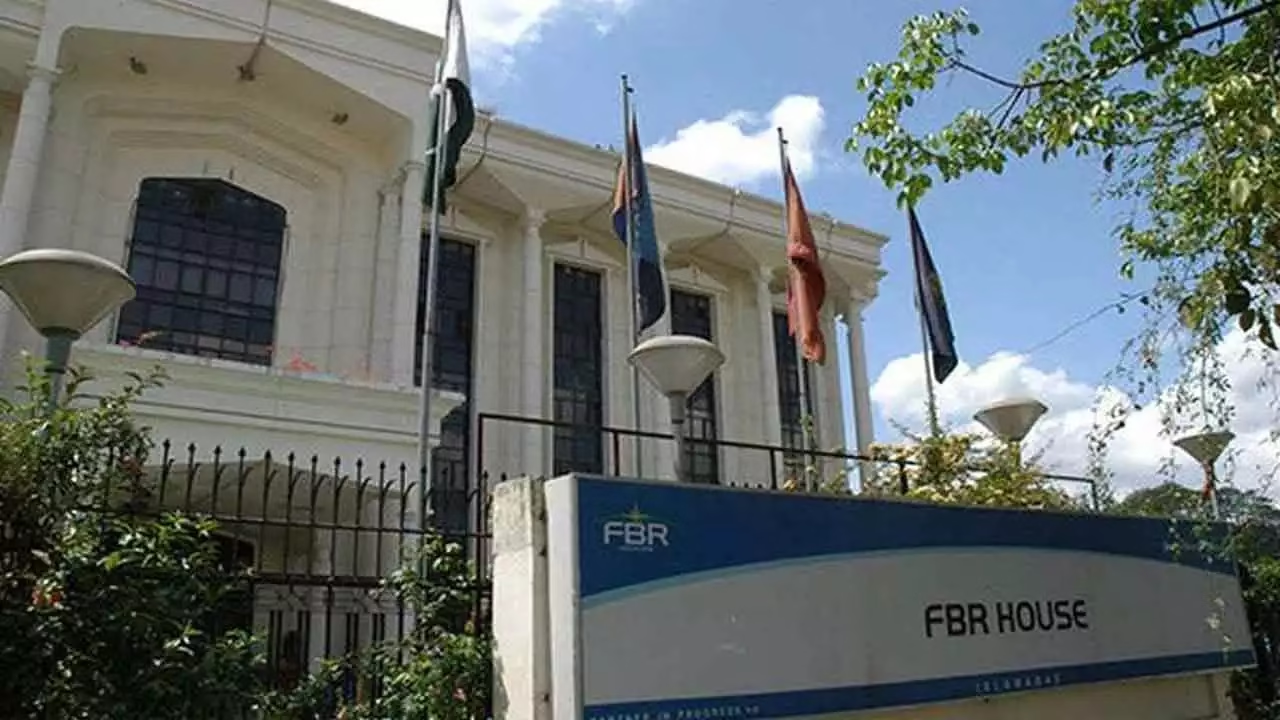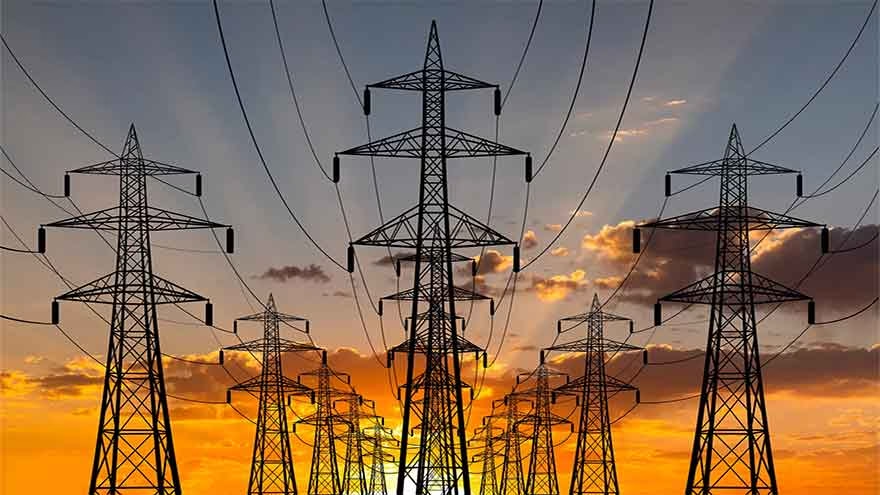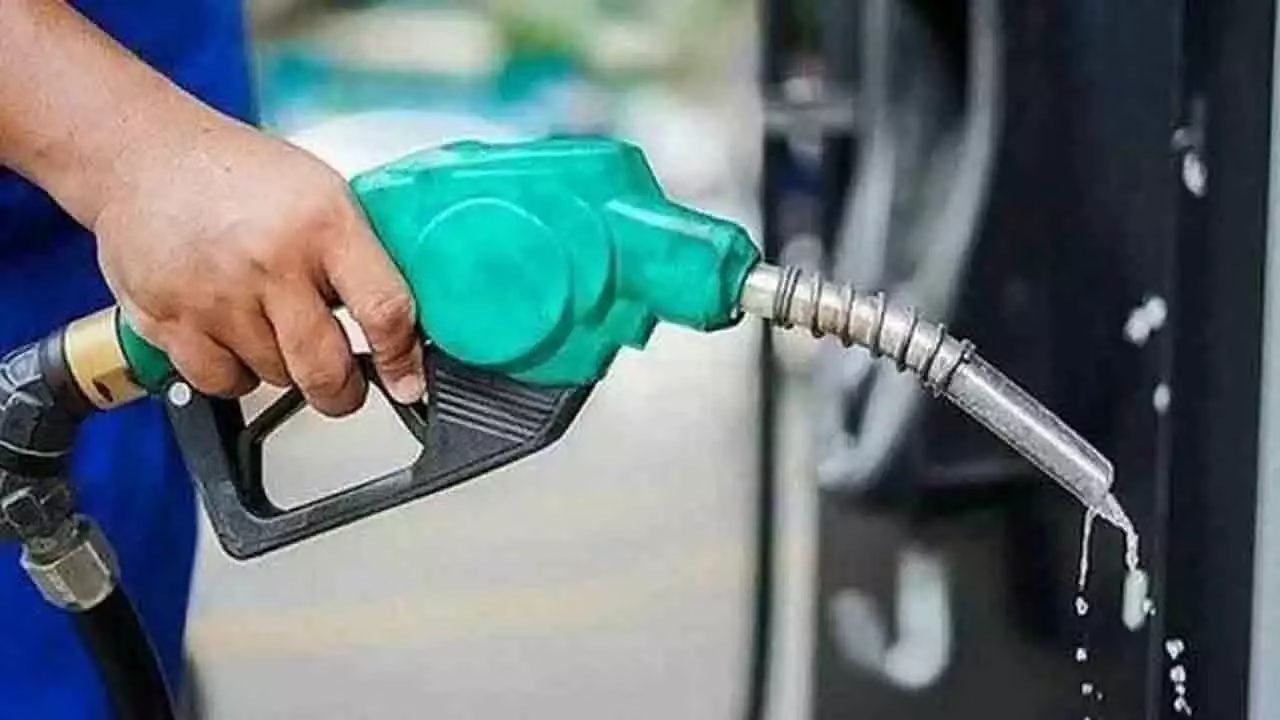In a significant move towards modernization, the Federal Board of Revenue (FBR) has announced plans to purchase 1010 new vehicles at a staggering cost of over Rs 6 billion. This initiative is part of the FBR’s comprehensive transformation plan, aimed at enhancing the operational capacity of its field officers across the country.
Details of the Purchase Plan
The procurement of these vehicles will take place in two phases, with an advance payment of Rs 3 billion already earmarked. According to the FBR’s letter of intent:
- The first phase will see the delivery of 500 vehicles, with the Rs 3 billion advance considered as full payment for this batch.
- The second phase will include the remaining 510 vehicles, with payment made upon delivery of the first batch.
The vehicles will be delivered between January and May 2025, adhering to the following timeline:
- January 2025: Delivery of 75 vehicles.
- February 2025: Delivery of 200 vehicles.
- March 2025: Delivery of 225 vehicles.
- April 2025: Delivery of 250 vehicles.
- May 2025: Delivery of 260 vehicles.
This structured delivery schedule ensures timely integration of the new fleet into the FBR’s operations.
Purpose of the New Vehicles
The purchase of these vehicles is a critical component of the FBR’s transformation plan, which focuses on:
- Enhancing Field Operations: The new vehicles will empower field officers to perform their duties more efficiently.
- Boosting Revenue Collection: Improved mobility will enable officers to access remote areas, facilitating better compliance and revenue collection.
- Modernizing Infrastructure: The initiative aligns with the FBR’s broader strategy to upgrade its infrastructure and operational capabilities.
An FBR spokesperson emphasized that these vehicles will be allocated exclusively for field officers, reflecting the organization’s commitment to strengthening its frontline operations.
Financial Details of the Deal
The Rs 6 billion allocation underscores the FBR’s commitment to investing in its workforce. Key financial highlights include:
- Advance Payment: Rs 3 billion for the first batch of 500 vehicles.
- Remaining Payment: To be made after the successful delivery of the initial batch.
This phased payment approach ensures financial prudence while maintaining transparency and accountability.
Implications for Field Operations
The acquisition of 1010 vehicles is expected to bring several benefits:
- Increased Efficiency: Field officers will have reliable transportation, reducing delays and enhancing productivity.
- Expanded Reach: The new fleet will enable officers to cover larger areas, particularly in remote and underserved regions.
- Enhanced Enforcement: Improved mobility will strengthen enforcement efforts, aiding in tax compliance and recovery operations.
Part of a Larger Transformation Agenda
The vehicle purchase is just one aspect of the FBR’s broader transformation plan, which includes:
- Technological Upgrades: Implementation of advanced digital tools for tax collection and monitoring.
- Capacity Building: Training programs to equip officers with the skills needed for modern tax administration.
- Policy Reforms: Simplifying tax laws to improve compliance and reduce evasion.
These initiatives collectively aim to position the FBR as a more efficient and effective revenue-collection agency.
Public and Industry Reactions
The announcement has garnered mixed reactions:
- Supporters argue that investing in field officers will lead to improved revenue collection, ultimately benefiting the national economy.
- Critics question the high cost of the vehicles and urge greater transparency in the procurement process.
The FBR, however, maintains that the investment is essential for achieving its long-term goals.
Challenges and Considerations
While the initiative is commendable, certain challenges need to be addressed:
- Procurement Transparency: Ensuring a fair and transparent bidding process to avoid allegations of favoritism or corruption.
- Vehicle Maintenance: Establishing a robust maintenance system to maximize the lifespan of the fleet.
- Accountability: Implementing measures to prevent misuse of the vehicles and ensure they are used exclusively for official purposes.
The FBR’s decision to invest Rs 6 billion in 1010 new vehicles marks a significant step in its transformation journey. By enhancing the capacity of its field officers, the organization aims to improve tax compliance, increase revenue collection, and modernize its operations.
As the first batch of vehicles rolls out in January 2025, all eyes will be on the FBR to deliver on its promises of efficiency and accountability. This bold initiative, if executed effectively, has the potential to set new benchmarks for public sector modernization in Pakistan.



